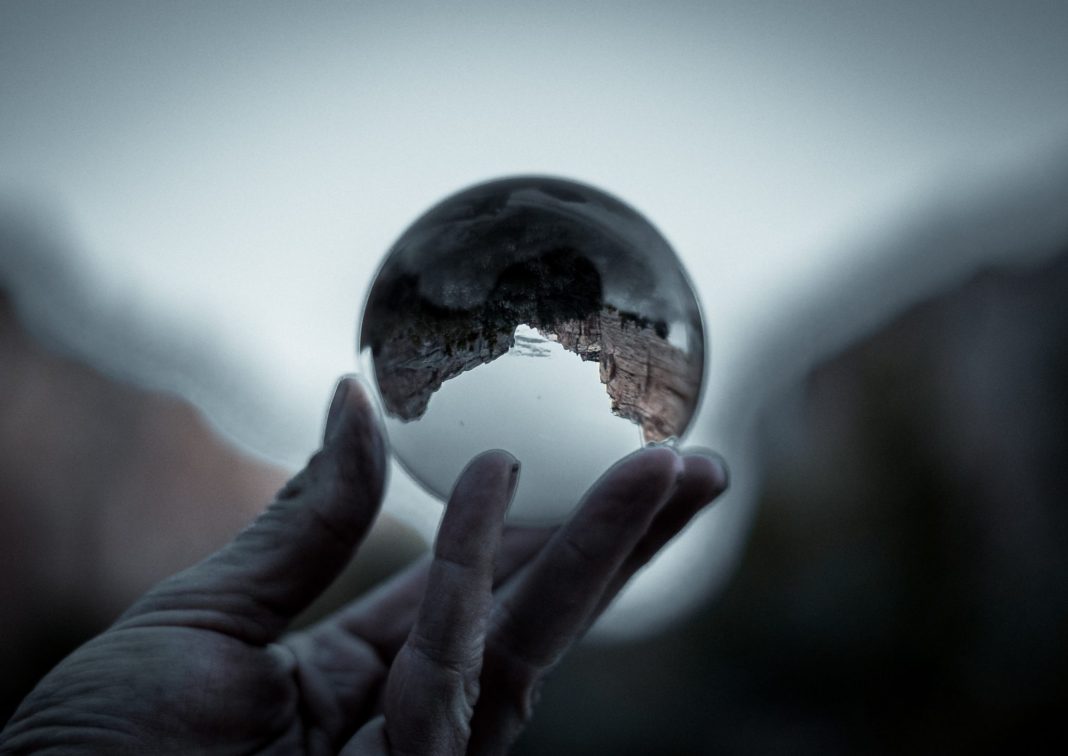By our director, Raffaele Crocco.

By now we have learned to expect it: it always comes early. This year the Earth Overshoot Day will come on 28 July: the day from which we will again be, officially, in debt to Mother Earth. As the Global Footprint Network has been explaining to us for years – with a degree of resignation, given the inexistent results – from that day on, we will have run out of the natural resources that the Earth makes available to us and we will start using those in 2023. If it were a bank – and we were customers – the Planet would have already closed its account to us. We are stubborn and compulsive debtors, capable of consuming resources without finding any remedy.
The Global Footprint Network, an independent organisation founded in 2003 between the United States, Belgium and Switzerland, explains what this means. It is as if humanity had decided that we have 1.75 planets to use. In practice, we squander all its essential resources: air, water, land, and minerals, which cannot reproduce and regenerate in the too-fast time of our economy. Our ecological footprint is devastating for the Planet, which simply cannot ‘keep up’ with us. The data measured on food choices, amount of waste produced, land area occupied, goods produced and purchased, energy consumed, carbon dioxide emitted, all point to a structural inability to remedy it. Above all, Overshoot Day shows how deep the injustices are, with an insane distribution of wealth. Not everyone, in fact, consumes in the same way: the United States are using, to sustain the average lifestyle, 5.1 Earths per year; Australia consumes 4.5, Russia is at 3.4.and India, despite having a population of more than a billion human beings, stops at 0.80 Planets Earth in 12 months.
The World is unequal and unjust even in how it pollutes, but what is distributed equally is the damage caused by it. The alarm bell that has been sounded for years seems to be falling on deaf ears. The new phase of the war in Ukraine has further slowed down interventions and investments on a global environment which, instead, needs it desperately. In many European countries, the shutdown of oil supplies from Russia is leading to the reactivation of coal-fired power plants. The war itself will, as always, leave harmful remnants of itself in the atmosphere and soil.
In short, at the end of 2022, the Planet will be in a worse condition. States – despite their promises – are not investing in research. Thinking about renewable energy or solutions in terms of agricultural development, simplified access to water, low-impact transport feels abstract and far-reaching. The so-called developed countries, such as those of the European Union, seem too busy arming themselves – with military spending rising to 2% of their GDP – to find resources to invest in research. The poor countries, for their part, feel entitled to pollute, given that the already developed ones have been doing so for years and on their skin.
Thus, we find ourselves earlier and earlier every year meeting the date of Overshoot Day, while we look at international agreements – Rio, Paris, Glasgow – as useless pieces of paper. The time we have left – science has been clear – is short. The Planet, sooner or later, will present us with the bill. It will make us realise that it can get along just fine without us.
Cover image: Jake Weirick @weirick (Unsplash)
























